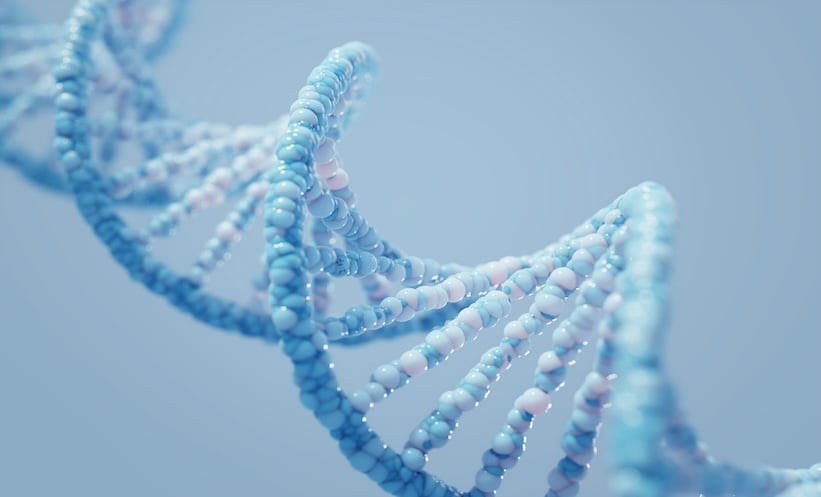A NEW study has identified MMS22L as a potential major gene associated with prostate cancer (PCa) susceptibility, with implications for both risk prediction and personalised treatment. Building on existing knowledge that many genes linked to PCa, such as BRCA2, are involved in DNA repair and sensitivity to PARP inhibitor (PARPi) therapy, researchers assessed 65 newly reported DNA repair-related genes for their association with PCa risk.
The investigation began with a comparison between 3,716 PCa patients from Johns Hopkins University and over 103,000 population controls from the Genome Aggregation Database (gnomAD). A significant finding emerged in men of Ashkenazi Jewish (ASJ) ancestry, where loss-of-function (LoF) mutations in MMS22L were more frequent among PCa patients than controls. The association was confirmed in additional patient cohorts and within the UK Biobank (UKB), strengthening the evidence base.
A particularly notable variant, F722fs, an ASJ founder mutation, showed a carrier rate of 1.5% in PCa cases versus 0.31% in controls. This translated to an odds ratio of 4.9, suggesting a strong association with increased PCa risk. Furthermore, 83% of mutation carriers had aggressive disease compared to just 27% of non-carriers. Another founder mutation, c.340+1G>A, also demonstrated a significant association with PCa risk in the non-Finnish European population.
The study’s results point to MMS22L as a novel gene with a role in PCa susceptibility, on par with the well-established BRCA2. Although these findings require validation and further analysis, especially regarding tumour DNA and response to PARPi therapy, they open up the possibility of incorporating MMS22L into risk stratification models. If confirmed, this could help identify individuals at higher risk for aggressive disease and guide more targeted prevention and treatment strategies.
Reference
Isaacs WB et al. Discovery of a recurrent frameshift Ashkenazi Jewish founder mutation (F722fs) in the PARP inhibitor-sensitive MMS22L gene associated with higher risk of prostate cancer. Eur Urol Focus. 2025:S2405-4569(25)00044-6.
[KW1]https://www.emjreviews.com/urology/article/interview-axel-heidenreich/








